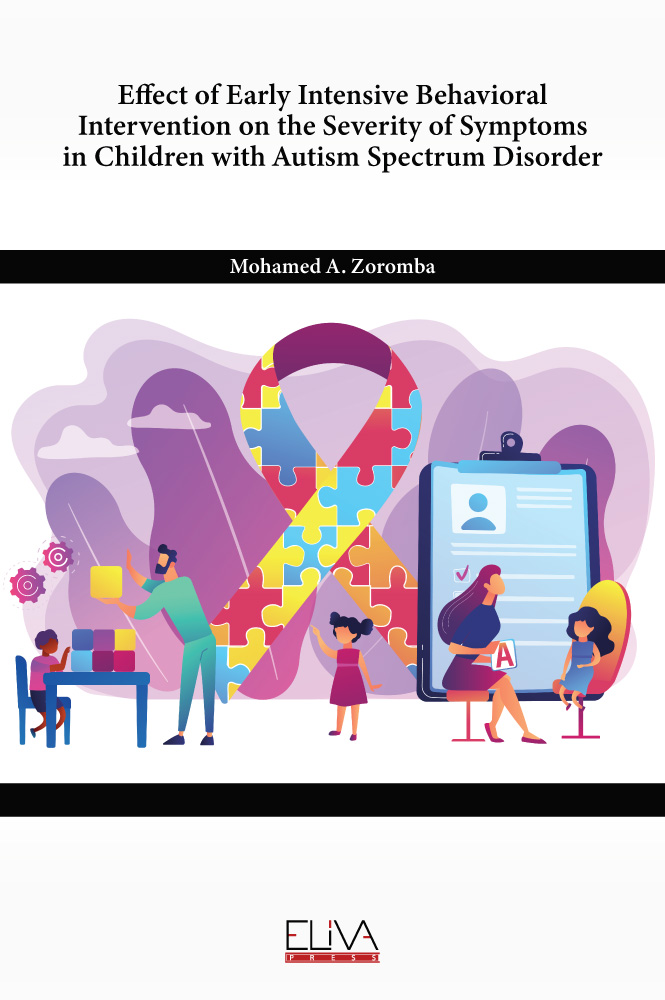Ten Essential facts about how an Autism Therapist's intervention impacts social growth in autism
Ten Essential facts about how an Autism Therapist's intervention impacts social growth in autism
Blog Article
Trick Signs and Signs to Acknowledge in People With Behavioral Autism
When you encounter somebody with behavioral autism, acknowledging essential signs and signs and symptoms is essential. You may notice challenges in social communications and interaction, as well as a solid need for regimens. Furthermore, sensory level of sensitivities can lead to frustrating experiences. Comprehending these attributes can enhance your support and interventions, but there's more to reveal regarding just how these actions manifest in everyday circumstances. Let's discover what these signs really appear like.
Obstacles in Social Interactions
When you communicate with somebody on the autism spectrum, you could see they battle with social hints and interaction. These difficulties can make social communications feel overwhelming for them. You might see them avoiding eye contact or standing too close or as well far away during discussions, which can develop misunderstandings. They might not detect body movement or faces, making it harder for them to gauge exactly how others are really feeling.
When they do involve, they could chat about their passions in great information without noticing if you're interested. Understanding these obstacles can aid you come close to communications with compassion and perseverance, cultivating a much more comfy environment for both of you.
Difficulty With Verbal and Non-Verbal Communication

Non-verbal interaction can be even more tough. You might see an absence of eye contact or limited use gestures, which can make interactions really feel unpleasant. Faces might not constantly line up with the discussion, resulting in confusion regarding their feelings. Recognizing these indicators is important, as it assists you much better assistance and engage with individuals on the autism spectrum. By recognizing their interaction obstacles, you can promote more significant connections and offer an extra encouraging environment.
Recurring Habits and Regimens
Interaction difficulties typically accompany other signs of autism, such as recurring habits and a solid preference for routines. You might observe that people with autism usually engage in details, repetitive actions, like hand-flapping, rocking, or repeating expressions. These actions can offer convenience and a sense of control in an often frustrating globe.
When they adhere to an organized routine,Regimens are similarly vital; several individuals prosper. You might find that adjustments to these regimens can result in considerable distress. For example, if they have a daily routine of consuming morning meal at a specific time or complying with a specific course to school, any disruption can cause stress and anxiety.
Acknowledging these patterns assists you recognize their habits and offer support. By fitting their need for routine and permitting recurring actions, you can develop a more comfortable setting that relieves their obstacles.
Sensory Level Of Sensitivities

Common Sensory Triggers
Sensory sensitivities can considerably affect every day life for people with autism, as specific stimulations commonly set off frustrating reactions. Typical sensory triggers consist of loud noises, intense lights, and strong smells. You might notice that sudden audios, like alarm systems or sirens, trigger stress and anxiety or distress. Fluorescent lights in stores can really feel awkward and harsh. Appearances can additionally play a substantial duty; rough textiles or particular food textures might be excruciating for you. Additionally, crowded places can bewilder your senses, making it difficult to loosen up or concentrate. Understanding these triggers can assist you manage your environment better. By being aware of what impacts you, you can take steps to decrease discomfort and improve your day-to-day experiences.
Behavioral Feedbacks Discussed
Recognizing your behavior responses to sensory level of sensitivities is important, as they commonly disclose exactly how you communicate with the world. You might also find yourself looking for details sensory experiences, like deep pressure informative post or quiet settings, to help ground yourself. Recognizing these patterns assists you recognize your demands far better and can direct exactly how you connect them to others.
Coping Methods Introduction
Identifying your sensory sensitivities is just the initial action; currently it's time to explore coping methods that can aid you handle those experiences effectively. Beginning by producing a sensory toolkit customized to your demands. Establishing a structured routine can likewise provide predictability, minimizing anxiousness around sensory overload.
Restricted Interests and Focus
While many people create a vast array of passions, those with autism usually demonstrate limited rate of interests and an intense focus on particular subjects. You could notice that someone with autism can spend hours delving right into their favorite subject, whether it's a specific kind of train, a specific movie, or a scientific concept. This intense emphasis isn't just a pastime; other it can come to be a central part of their identity and social interactions.
You might discover that conversations revolve around these rate of interests, and they might have a hard time to involve in wider topics. By comprehending and acknowledging these restricted interests, you can cultivate a helpful environment where they really feel valued and understood, enabling for more meaningful connections and interactions.
Psychological Law Troubles
Individuals with autism frequently face challenges in psychological regulation, which can be influenced by their intense concentrate on specific rate of interests. You might see that when a person is deeply participated in a preferred task, they can experience solid emotions, whether enjoyment or stress. This strength occasionally makes it hard for them to shift equipments or handle their feelings when things do not go as intended.

Irregularity in Developing Landmarks
When it involves developing landmarks, you'll notice that people with autism usually show a broad variety of irregularity. Some might strike milestones in a timely manner, while others could lag behind or progression at a different rate. For example, you might see a child stand out in language abilities however battle with social communications. This incongruity can be complicated, as typical standards don't constantly apply.
It's important to recognize that each person's trip is distinct. Some might develop intricate skills early, only to face obstacles later. Others might take longer to attain basic landmarks but then thrive in details areas. Observing these patterns can help you recognize their strengths and needs better.
Frequently Asked Concerns
How Is Autism Diagnosed in Kid and Adults?
To detect autism in adults and children, experts assess behavior, communication skills, and social interactions. They typically use standard tests, meetings, and monitorings to figure out if a specific fulfills the criteria for autism spectrum problem.
Are There Various Kinds of Autism Spectrum Disorders?
Yes, there are different sorts of autism spectrum problems, consisting of Asperger's disorder and prevalent developing disorder-not or else defined. Each type varies in extent and characteristics, so understanding these distinctions can aid you far better assistance individuals with autism.
What Therapies Work for Individuals With Autism?
When thinking about reliable treatments for individuals with autism, you'll locate choices like Applied Behavior Analysis, speech therapy, and work-related therapy. Each technique can aid improve communication, social abilities, and everyday functioning tailored to specific needs.
Can Individuals With Autism Lead Independent Lives?
Yes, individuals with autism can lead independent lives. With the appropriate assistance, abilities training, and sources, you can help them develop self-sufficiency, take care of daily tasks, and prosper in various atmospheres, fostering their freedom.
Just How Can Families Support Enjoyed Ones With Autism?
You can support your loved ones with autism by creating a structured setting, encouraging their passions, exercising perseverance, fostering interaction, and promoting social abilities. Celebrate their accomplishments, regardless of exactly how little, Discover More Here and develop an encouraging area.
Although several individuals on the autism spectrum can understand and use language, they often encounter considerable obstacles with both verbal and non-verbal communication. Acknowledging these indicators is essential, as it assists you much better assistance and involve with individuals on the autism spectrum. You could notice that people with autism commonly engage in specific, repetitive activities, like hand-flapping, rocking, or repeating expressions.Sensory sensitivities can significantly impact everyday life for people with autism, as particular stimulations usually set off frustrating responses.When it comes to developmental landmarks, you'll discover that individuals with autism typically reveal a large range of variability.
Report this page